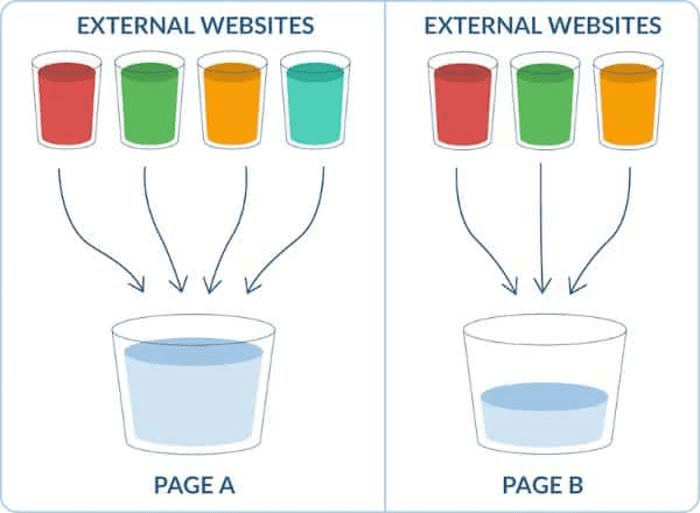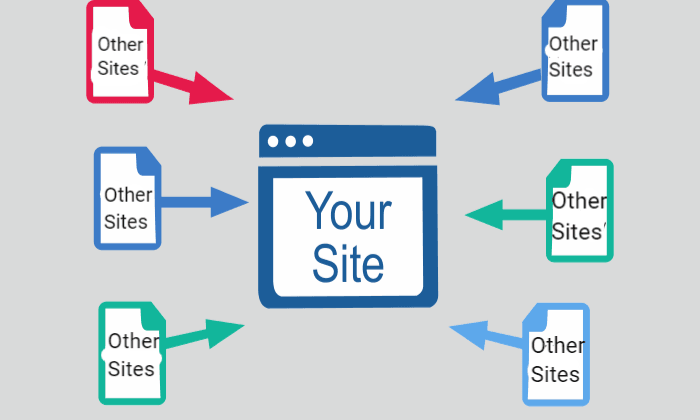Quick Summary
This article highlights seven essential SEO metrics, including keyword rankings, CTR, and search volume, that are crucial for optimizing content and boosting visibility. By using tools like Keyword Metrics integrated with Google Search Console, you can track these metrics, make data-driven decisions, and refine your SEO strategy weekly for improved performance and engagement.
Wonder What SEO Metrics to Track?
In the digital marketing world, understanding SEO metrics is like having a map for treasure hunting. These metrics guide businesses toward success by revealing what's working and what needs improvement.
Tracking key SEO metrics allows marketers to make informed decisions that boost visibility and drive traffic. According to HubSpot, 69% of marketers actively invest in SEO. This shows the importance of knowing how to measure and optimize your efforts.
In this post, we'll explore the top seven SEO metrics you need to track and how tools like Keyword Metrics can simplify this process.
Why Listen to Us?
At Keyword Metrics, we offer a comprehensive analysis of keyword performance within your site's content. Our tools assist you in pinpointing the keywords that attract traffic to your site and provide valuable insights into user intent and behavior. This enables us to effectively search for specific keywords and anticipate their impact on your site.
What is an SEO Metric?
An SEO metric is a specific data point used to measure the effectiveness of SEO strategies. These metrics help gauge how well a website performs in search engines, so you know where to focus your efforts.
Tracking them ensures you stay competitive and continuously improve your site's performance. A study by Mckinsey have shown that companies using data-driven marketing are 19 times more likely to be profitable and succeed in their industry.
Using tools like Keyword Metrics makes tracking these SEO metrics easier. It offers insights into keyword rankings, impressions, and more, helping marketers understand and act on their data. Its integration with Google Search Console streamlines the process, allowing you to focus on optimizing your strategy.
Top 7 SEO Metrics
Keyword Rankings
Keyword rankings indicate where your website appears in search engine results for specific keywords, essentially acting as a measure of your site's visibility in search engines like Google. Monitoring these rankings is crucial because they provide insights into whether your SEO optimization efforts are effective.
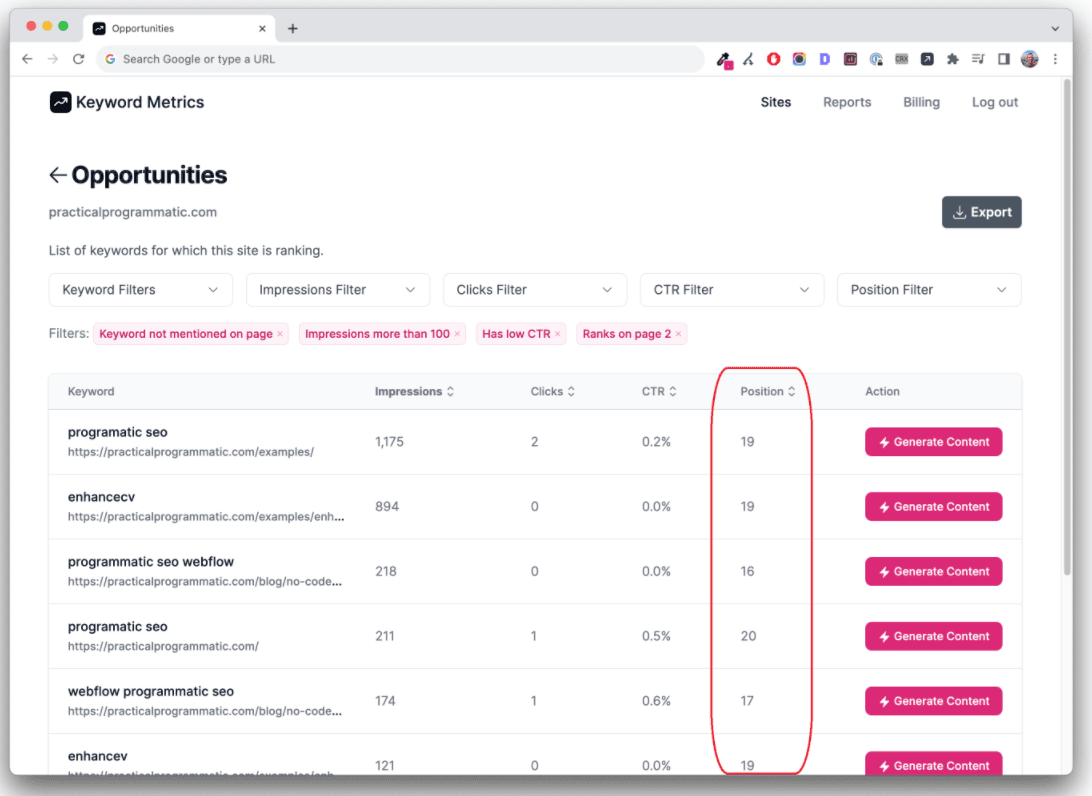
High keyword rankings generally translate to increased visibility, thereby attracting more potential traffic to your site, which is necessary for business growth and online presence.
Consistent tracking of keyword rankings helps you understand which keywords bring the most traffic and identify those that may need improvement or additional focus. By recognizing patterns and trends, you can adjust your SEO strategies to better target relevant audiences.
Keyword Impressions
Keyword impressions provide valuable insights into how frequently your website appears in search results for specific keywords. A high number of impressions indicates strong visibility, suggesting that your website is effectively reaching its target audience.
Conversely, low impressions may signal the need for further optimization, as it might suggest that your content is not aligning well with search queries.
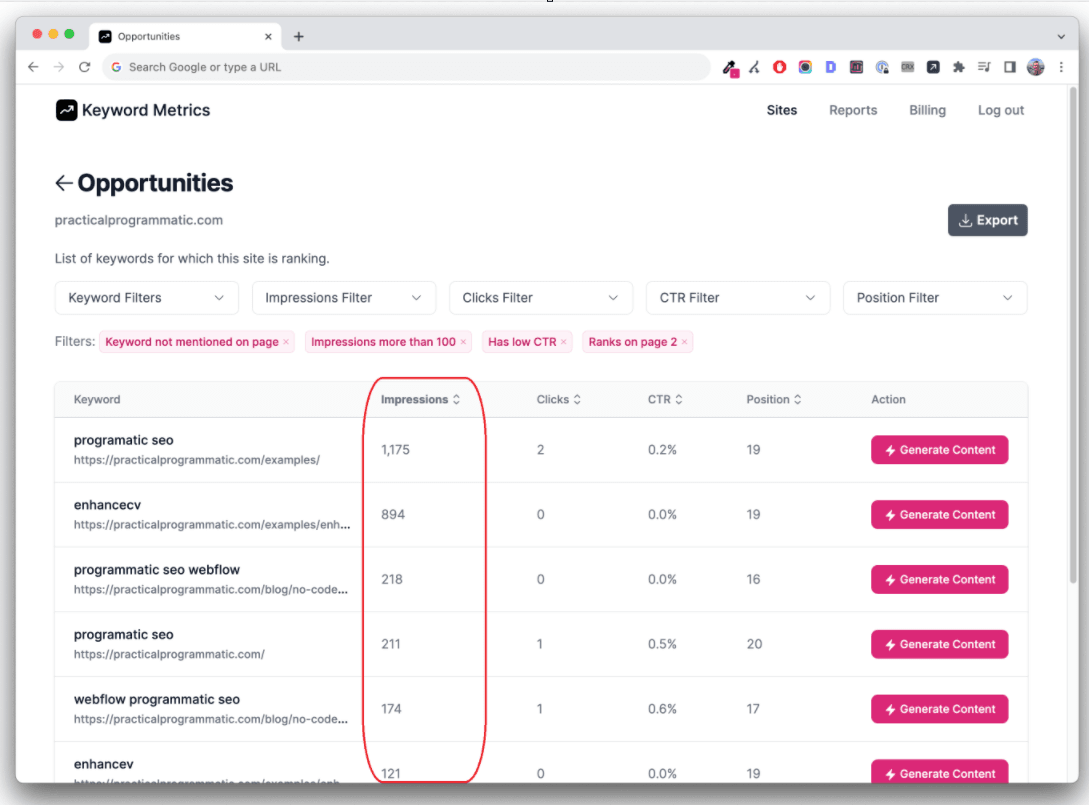
Monitoring impressions is crucial as it helps identify which keywords need better targeting or whether you should explore new ones to enhance your reach. By analyzing this data, you can refine and adjust your content strategy, ensuring that it is aligned with current search trends and audience behavior.
This strategic refinement not only increases your site's visibility but also helps you reach a wider audience, ultimately driving more traffic and engagement to your website.
Click-Through Rate (CTR)
CTR, or Click-Through Rate, measures the percentage of users who click on your website link after seeing it in search results. A higher CTR indicates that your content is relevant and appealing to users, as it suggests they find your link worth exploring among other options.
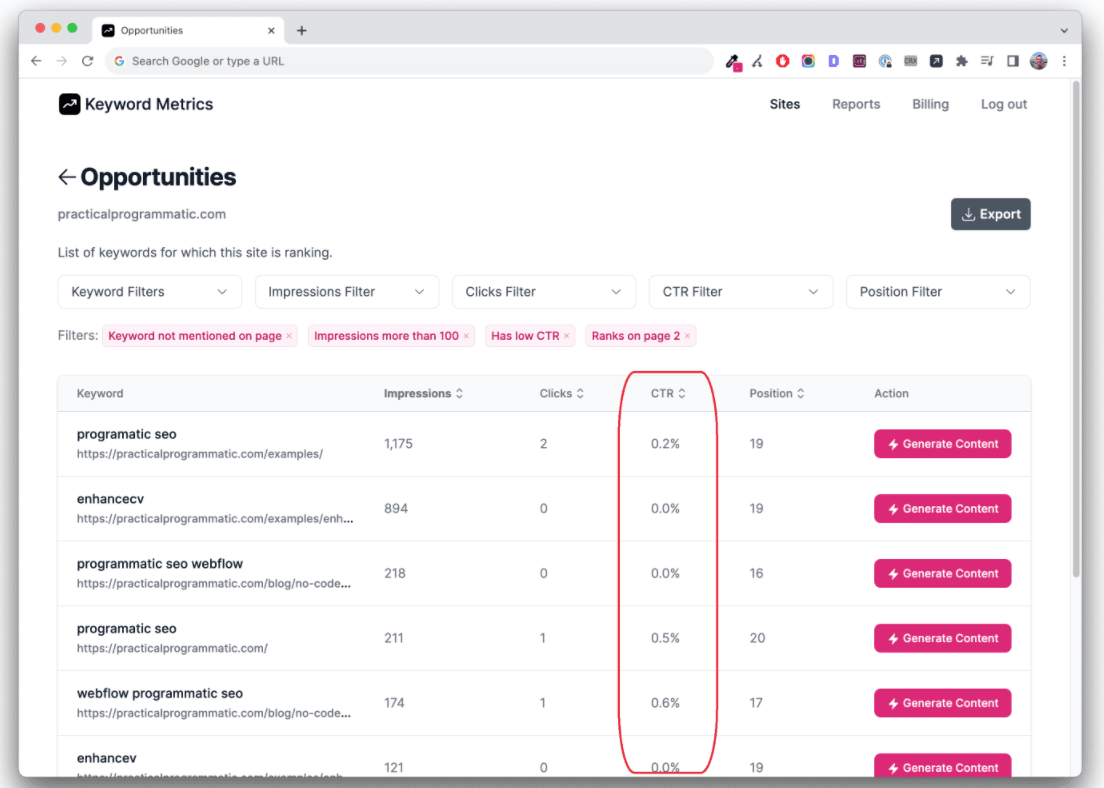
Improving your CTR involves enhancing your page titles and meta descriptions to make them more compelling and engaging. This can be achieved by using action-oriented language, incorporating relevant keywords, and ensuring that these elements accurately reflect your page's content.
Cost Per Click
Cost per click (CPC) reflects the cost of paid advertising when users click on your ad. It serves as a critical metric for marketers, as it not only determines the financial outlay for acquiring traffic but also provides valuable insights into the competitiveness of keywords.
The average CPC is determined by dividing the total cost on clicks by the total number of clicks received.
While primarily relevant for paid campaigns, CPC data can reveal the level of demand and competition for specific search terms, offering a clearer picture of the advertising landscape.
Understanding CPC helps you assess the potential value of keywords and allocate your budget more effectively. By analyzing CPC trends over time, marketers can better predict seasonal fluctuations and adjust their strategies accordingly.
Additionally, by comparing organic and paid efforts, you can develop a balanced strategy that maximizes ROI, ensuring that your marketing efforts are both cost-effective and aligned with broader business goals. Through careful management of CPC, businesses can optimize their ad spend and achieve greater efficiency in reaching their target audience.
Keyword Difficulty
Keyword difficulty is a metric that indicates how challenging it is to rank for a specific keyword within search engine results. It takes into account various factors, including the level of competition from other websites and the domain authority of those already ranking for the keyword. This metric guides content creators and marketers to choose achievable targets for their SEO strategies.
Focusing on keywords with lower difficulty scores can lead to quicker wins, enabling websites to gain visibility and traffic more efficiently. Once these easier targets have been successfully ranked for, you can gradually tackle more competitive terms to build on your initial success.
Search Volume Over Time
Search volume over time reveals how frequently users search for specific keywords, offering valuable insights into user behavior and interests. Monitoring this metric helps you understand trends and seasonal patterns, which are essential for developing effective content strategies.
By identifying high-volume keywords, you can create content that aligns with user interests, thereby increasing your chances of attracting organic traffic to your website.
Additionally, analyzing trends allows you to capitalize on emerging opportunities, giving you a competitive edge. By staying ahead of these trends, you can tailor your marketing efforts to meet the evolving demands of your audience, ensuring that your content remains relevant and engaging.
Keyword Opportunity
Keyword opportunity highlights the keywords for which your website ranks, even though you might not be targeting them directly. These are often hidden gems that can be leveraged for better performance. By optimizing your content to include these terms, you can enhance your search engine rankings and attract more visitors to your site.
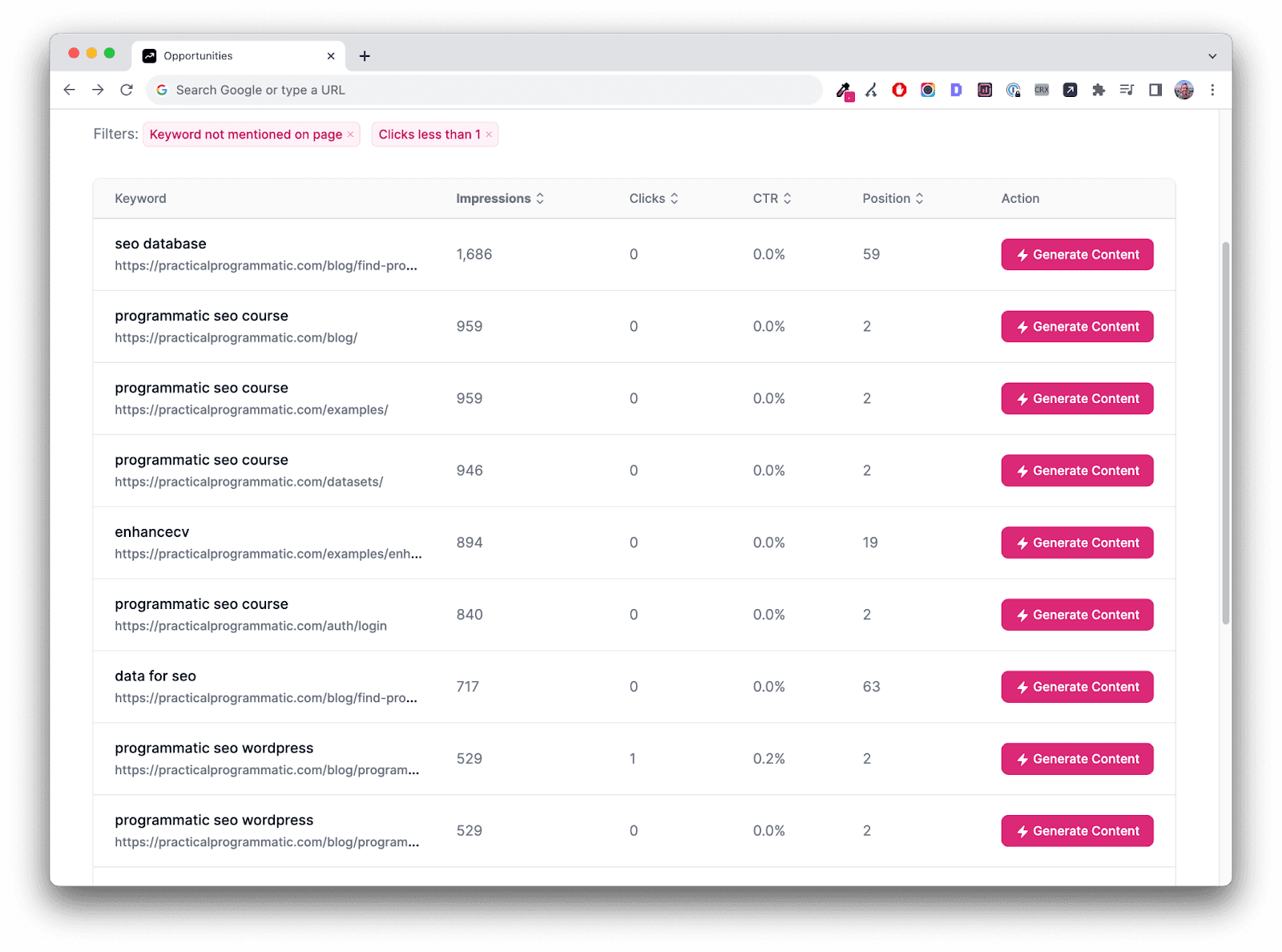
This process involves analyzing the potential of these keywords, understanding user intent, and strategically incorporating them into your content to capture additional traffic and improve overall visibility.
Keyword Metrics can help you identify these top SEO metrics, allowing you to update content and enhance relevancy. Leveraging these insights can significantly boost your site's performance.
Steps to Track Key SEO Metrics Using Keyword Metrics
Connect to Google Search Console
The first step in tracking SEO metrics with Keyword Metrics is connecting your website to Google Search Console. This integration enables the platform to access valuable data about your site's performance.
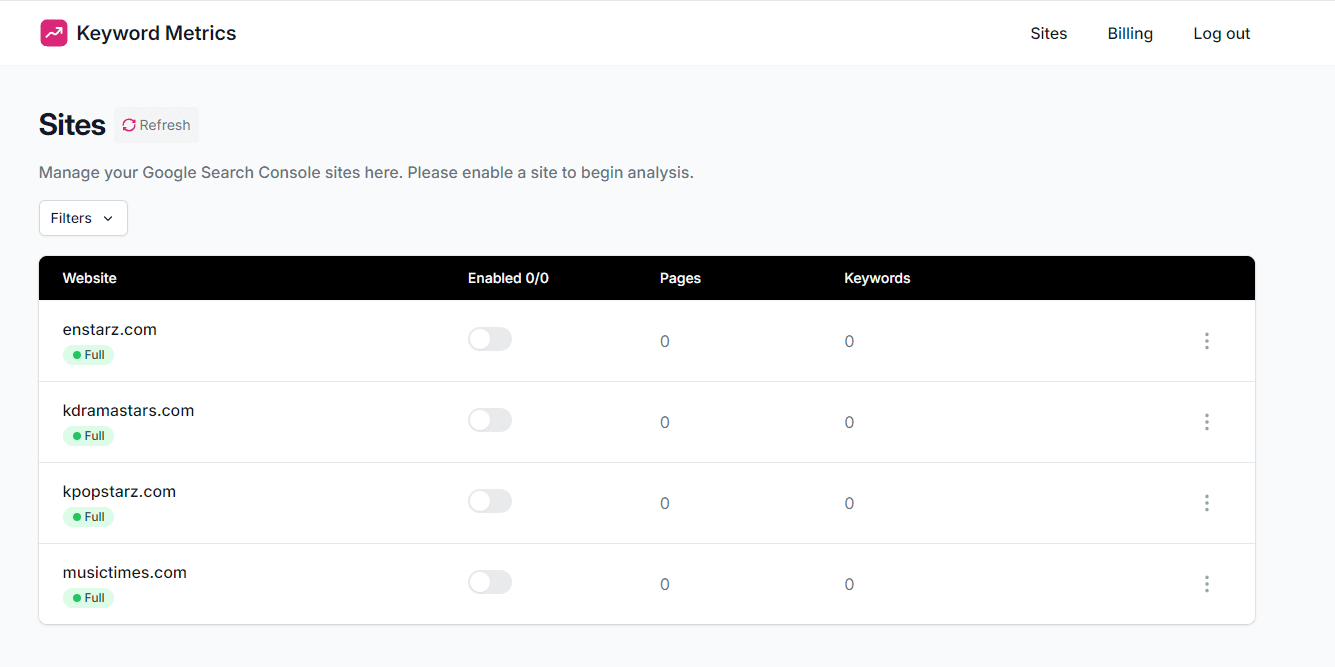
After connection, Keyword Metrics imports data from the past three months and updates it weekly. This continuous monitoring keeps your reports current and helps you adjust your strategy as needed.
Track Keyword Rankings
Keyword Metrics provides an overview of your keyword positions in search results. According to Backlinko, just 0.63% of searchers click on links found on page 2. This indicates that if your site appears on page 2, you're losing out on 99.37% of potential traffic.
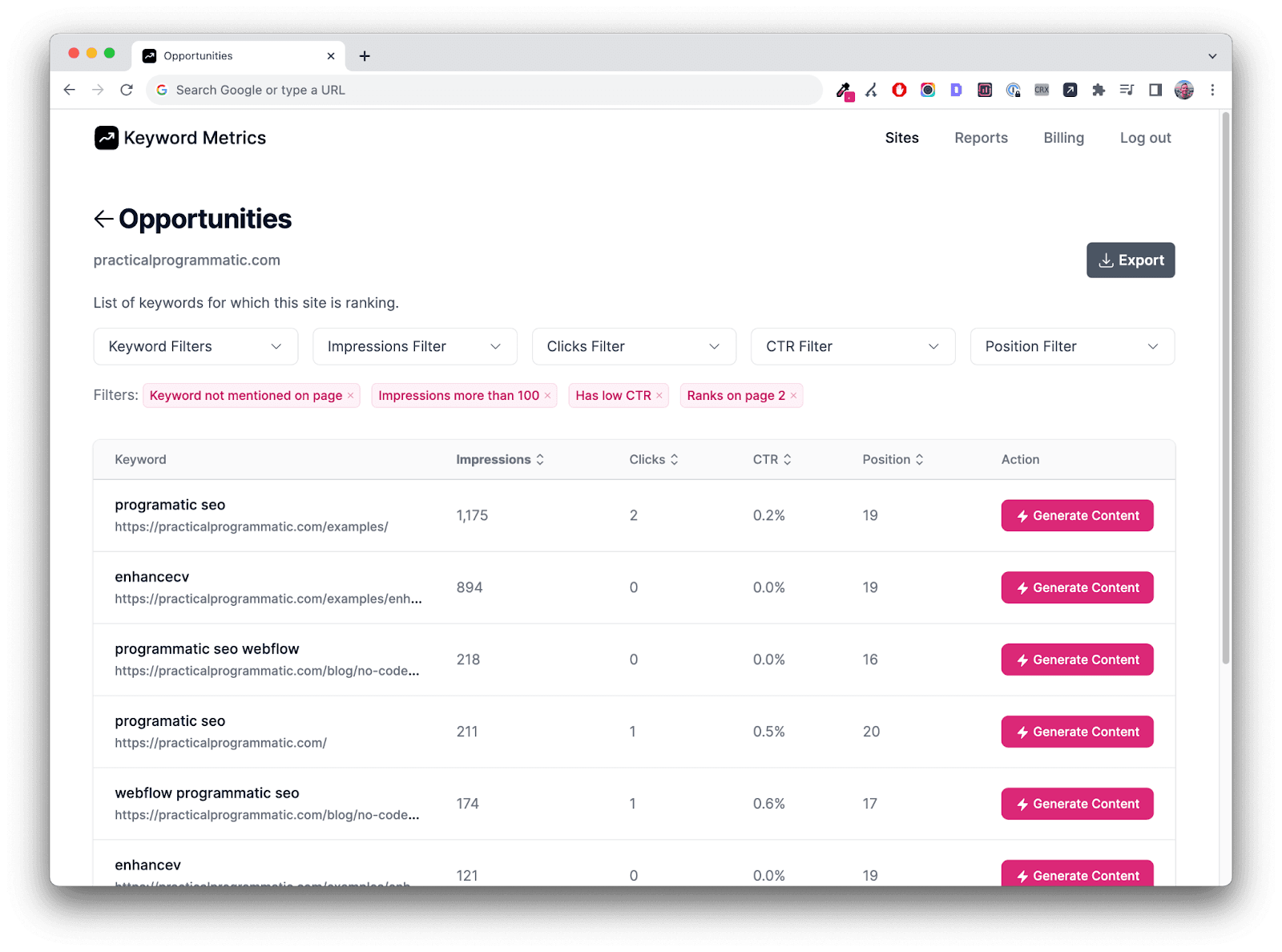
By analyzing average positions over time, you can identify changes in search visibility.Monitoring fluctuations allows you to pinpoint areas needing improvement. Adjust your SEO strategy based on these insights to maintain or improve rankings.
Monitor Keyword Impressions and Click-Through Rates (CTR)
Keyword Metrics tracks keyword impressions and CTR, offering insights into your content's visibility and appeal. High impressions with low CTR may indicate the need for better titles or descriptions.
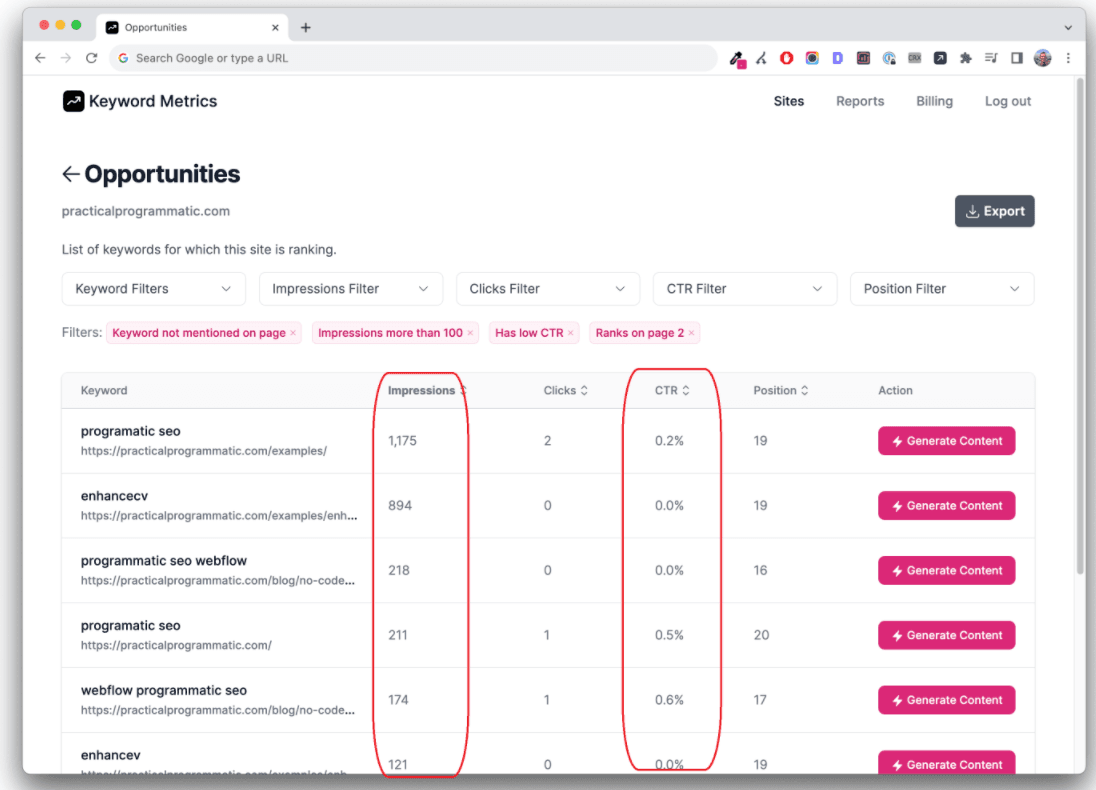
Use this data to enhance content and improve user engagement. A compelling presentation increases the likelihood of clicks and conversions.
Analyze Keyword Difficulty and Commercial Value
Keyword difficulty insights from Keyword Metrics guide you in selecting realistic targets. Focus on terms that align with your domain authority and competition level.
Additionally, consider the commercial value of keywords. High CPC indicates strong advertiser interest, suggesting potential for revenue generation.
Track Search Volume and Trends Over Time
Keyword Metrics monitors search volume and trends, helping you identify keywords with high traffic potential. Spotting seasonal patterns enables you to align content with user interests.
By understanding these trends, you can capitalize on opportunities and create timely, relevant content.
Audit and Optimize Content with Keyword Opportunity
Keyword Metrics identifies pages where you rank for keywords without targeting them explicitly. This presents opportunities to optimize content and improve rankings.
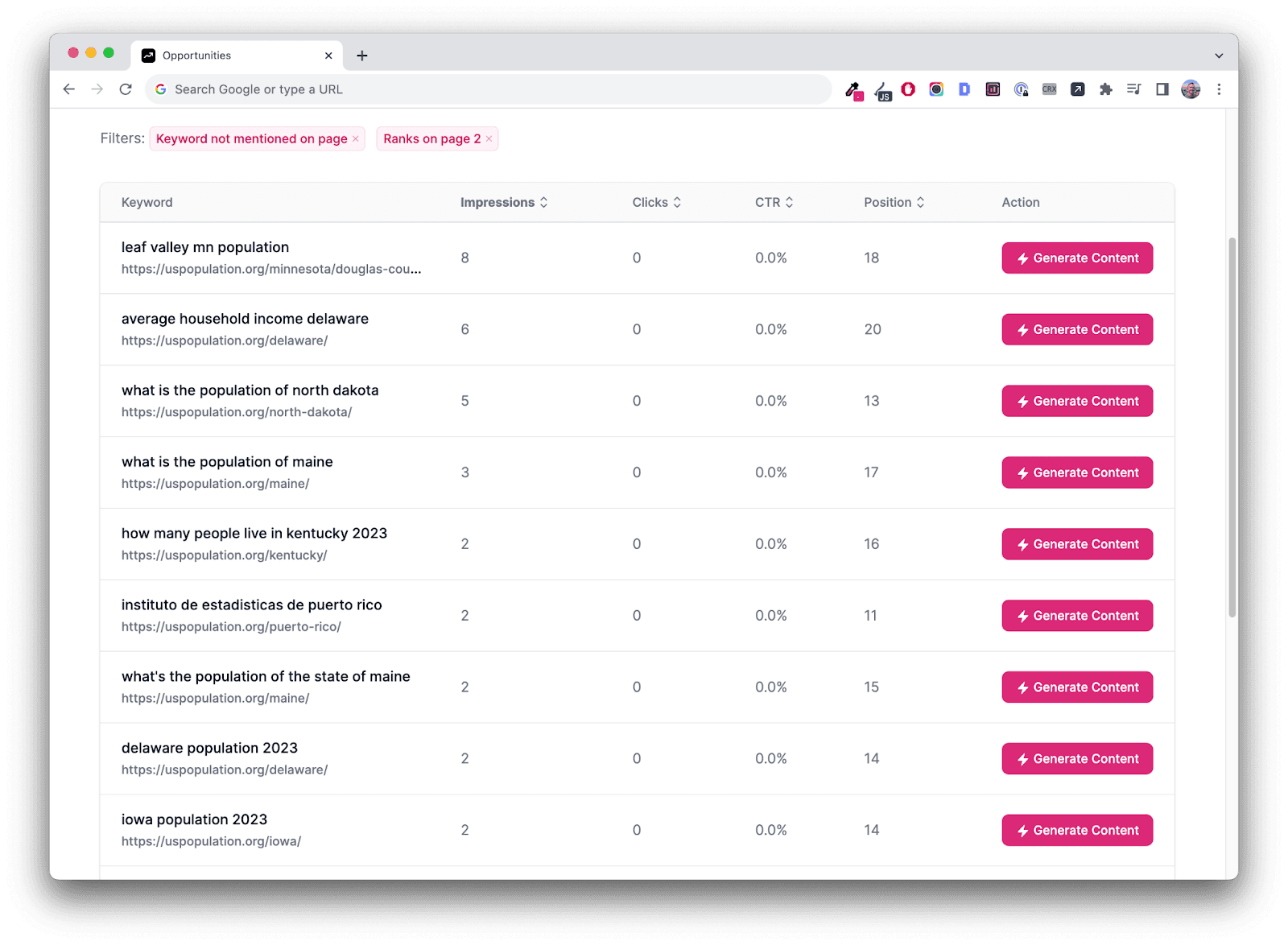
The tool also generates content suggestions, making it easier to enhance existing pieces or develop new ones. Continuously optimizing your content boosts performance and visibility.
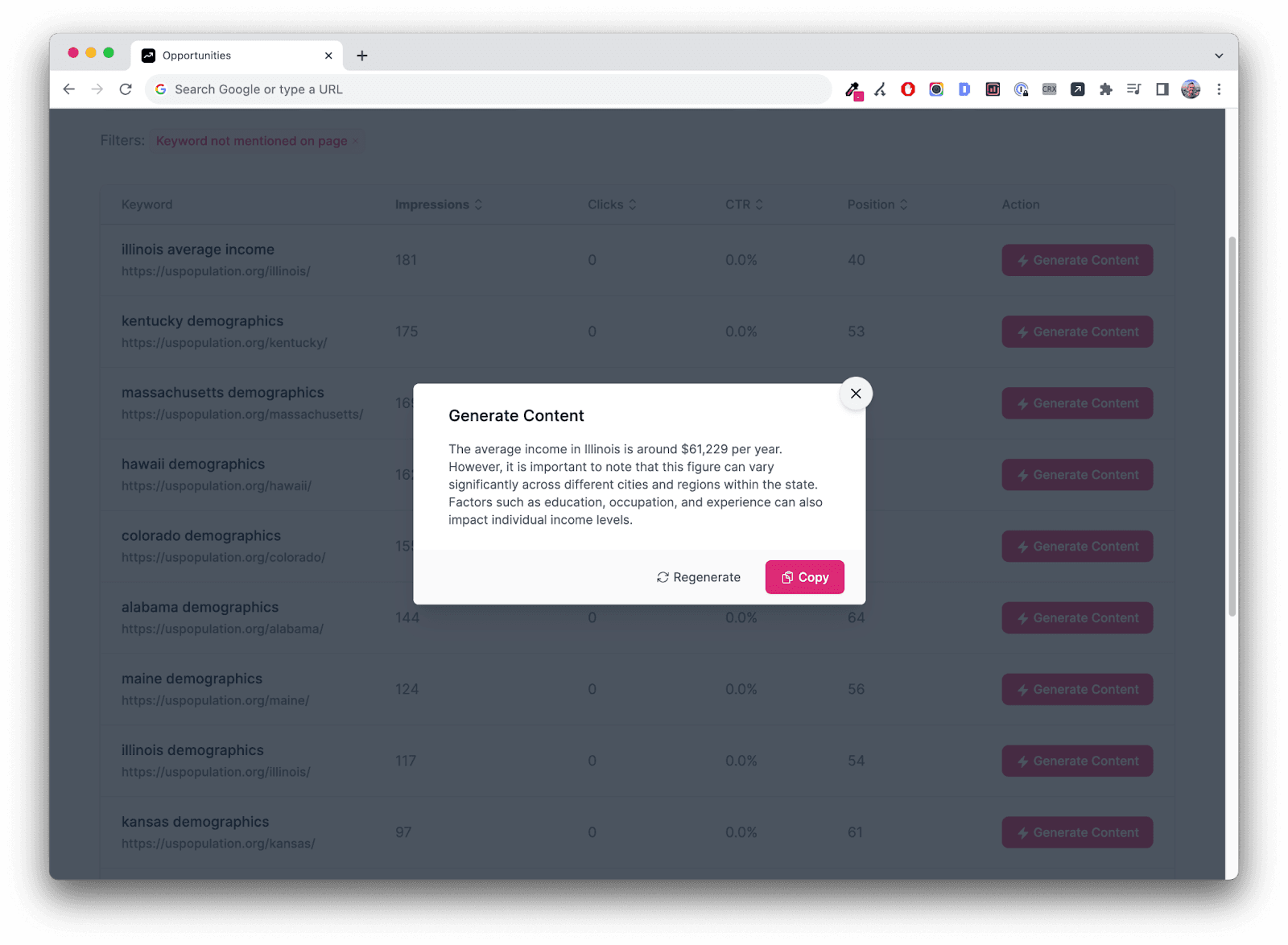
Weekly Reporting
Keyword Metrics provides automated weekly reports summarizing your SEO performance. These reports highlight keyword opportunities, ranking changes, and areas needing improvement.
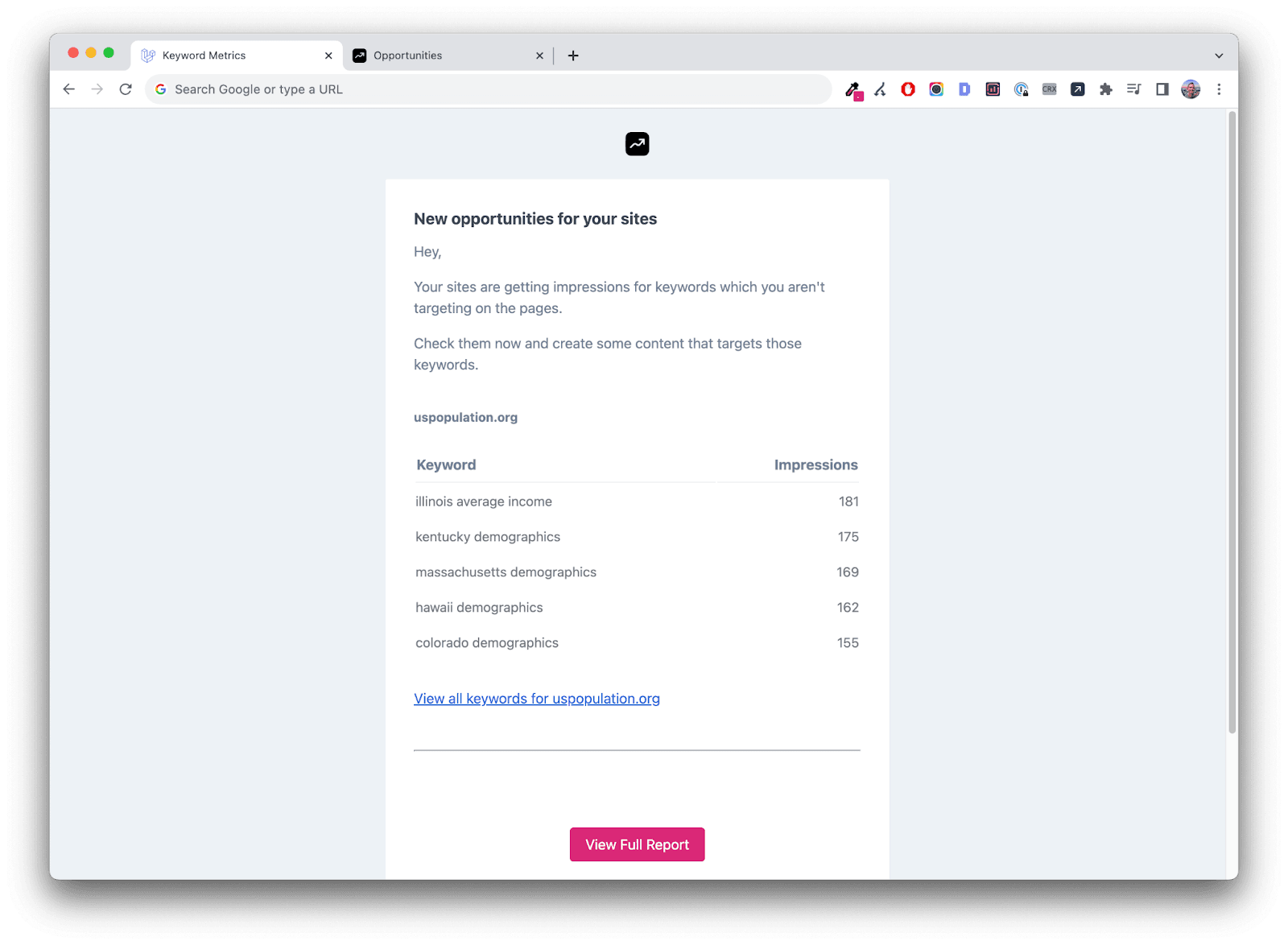
Regularly reviewing reports keeps you informed and ready to make data-driven decisions. Use these insights to fine-tune your strategy and achieve better results.
Best Practices in Tracking SEO Metrics
To make the most of your SEO efforts, follow best practices for tracking metrics.
Regularly review and analyze data to identify trends and areas for improvement.
Stay informed about industry changes and adapt your strategy accordingly. Collaborate with your team to implement changes and measure success.
Use a combination of tools and resources to gain comprehensive insights. Diversifying your approach ensures a thorough understanding of your site's performance.
Conclusion
Tracking key SEO metrics is essential for success in digital marketing. By understanding these metrics, you can optimize your strategy, improve visibility, and drive traffic. Tools like Keyword Metrics simplify this process, providing valuable insights and actionable data.
The seven metrics explored in this post are crucial for any marketer or business owner looking to enhance their online presence. Implementing best practices ensures continuous growth and success.
Ready to take your SEO efforts to the next level? Try Keyword Metrics today and experience the benefits of optimized content and data-driven decision-making.
Here's a comprehensive guide on tracking google rankings.

